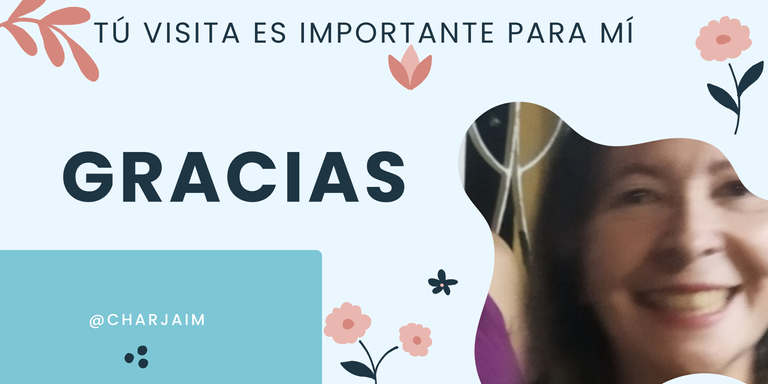En el sector donde vivo hay muchos gatos callejeros, están flacos, y con un pelaje mustio, algunos están acostumbrados a la gente, otros huyen cuando sienten los pasos.

Me visita todos los días, y a veces se queda en la noche, uno negro que alimentamos como si fuese nuestro jefe, si no llega le guardamos la comida. Es el amo de la cuadra, está bonito y ya llega a retozar en mis pies y a buscar que le haga cariño en la cabeza.
La gata nuestra sale a la acera, pero no se junta con nadie más, a menos que la naturaleza lo demande.
Es un comportamiento normal en los animales no socializar de buenas a primeras con los humanos, mantienen su distancia y van asumiendo confianza según el caso. No ocurre así con nosotros, el afán de socialización lo vemos principalmente en los niños. En colegios que mantienen la misma matrícula a lo largo de toda la vida escolar, se provocan situaciones de buen trato, distintos a donde hay cambios o rotaciones de estudiantes, donde se suelen presentar situaciones de acoso y maltrato.
¿Qué nos hace andar confiados en la vida, sin discriminar, como los gatos antes descritos?
Un mundo más humano, sin trampas ni metidas de pie, para que el otro caiga, parece que no es posible. Y no se trata de un sentimiento derrotista sino de la necesidad de aprender producto de la observación constante de la realidad.
La malicia, unida a la desconfianza permanente, me parecen prácticas ofensivas: pensar que la comida, que nos den, está mal preparada o trae un propósito nefasto; sospechar de todos los adultos en su comportamiento con los niños, como padres o profesionales; esperar lo peor de los servidores públicos, entre muchas más.
Juzgar a priori por la forma de hablar, el lugar de nacimiento, la vestimenta, los tatuajes, el estilo de corte de cabello, la manera de hablar, ha traído en el presente situaciones indignas y humillantes, que como sociedad las vivimos de manos atadas.
Comenzar a vernos todos, no como enemigos, pero sí como traicioneros potenciales, me parece detestable; pero digno de lógica. Como los gatos callejeros que no se acostumbran al maltrato y para quienes todo hombre es dañino y hay que sacarle las uñas.
Esto parece ser la consigna que muchos aconsejan para salir con relativa prestancia en una sociedad que decidió usar la tecnología para la trampa; la astucia y la viveza como ingredientes fijos en toda transacción.
Más lastimoso es que el comportamiento benevolente de alguno, sea visto como falta de inteligencia y malicia en el desenvolvimiento social.

Hace unos días tuve una fuerte caída en la calle, unos jóvenes me ayudaron a levantar y me trajeron en su carro hasta la casa. Esa acción aminoró el impacto emocional, porque me mostró que la gente buena sí existe, pese a todo. Pienso que mantenerse en zozobra, hurgando en el mal no produce bienestar ni equilibrio, que es lo fundamental para vivir en paz. El mal se aleja cuando alimento el bien y me reconforto en ello. Para cada situación injusta que exista siempre saldrá algo mejor.
¿Y qué opinas tú?
Gracias por tu amable lectura.
Mi contenido es original.
He utilizado el traductor de Google.
Imágenes de Pixabay.

In the area where I live, there are many stray cats. They're skinny and have dull fur. Some are used to people, while others run away when they hear footsteps.

He visits me every day, and sometimes stays at night. A black one we feed as if he were our boss. If he doesn't come, we save his food. He's the master of the block. He's cute and even comes to frolic at my feet and seek my caresses on his head. Our cat goes out onto the sidewalk, but she doesn't hang out with anyone else unless nature demands it.
It's normal behavior for animals not to socialize with humans right away; they keep their distance and build trust as needed. This isn't the case with us; we see this desire for socialization primarily in children. In schools that maintain the same enrollment throughout the school year, this creates situations of good behavior, unlike those where there are student changes or rotations, where bullying and mistreatment often arise.
What makes us walk confidently through life, without discrimination, like the cats described above?
A more humane world, without traps or foot-dragging, so that others will fall for it, seems impossible. And this isn't a feeling of defeatism, but rather the need to learn through constant observation of reality. Malice, coupled with constant mistrust, strikes me as offensive practices: thinking that the food we are given is poorly prepared or has a nefarious purpose; suspecting all adults in their behavior with children, whether parents or professionals; expecting the worst from public servants, among many others.
Judging a priori by speech, place of birth, clothing, tattoos, haircut style, manner of speaking, has led to undignified and humiliating situations in the present, which as a society we experience with our hands tied.
Beginning to see each other, not as enemies, but as potential traitors, seems detestable to me; but worthy of logic. Like stray cats that cannot get used to mistreatment and for whom every human being is harmful and must have their claws removed.
This seems to be the motto many advise for getting out with relative grace in a society that has decided to use technology for deception; cunning and cleverness are fixed ingredients in every transaction.
More pitiful is that the benevolent behavior of some is seen as a lack of intelligence and malice in social development.
A few days ago, I had a bad fall on the street. Some young men helped me up and brought me home in their car. That action lessened the emotional impact because it showed me that good people do exist, despite everything. I think that remaining in a state of anxiety, dwelling on evil, does not produce well-being or balance, which is essential for living in peace. Evil goes away when I nourish good and find comfort in it. For every unjust situation that exists, something better will always emerge.
And what do you think?
Thank you for your kind reading.
My content is original.
I used Google Translate.
Images from Pixabay.
